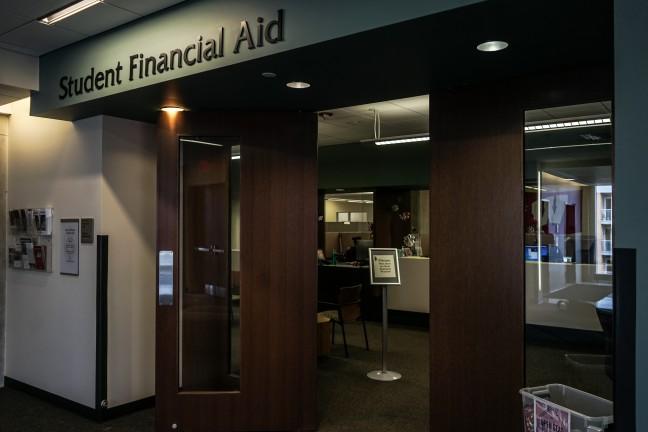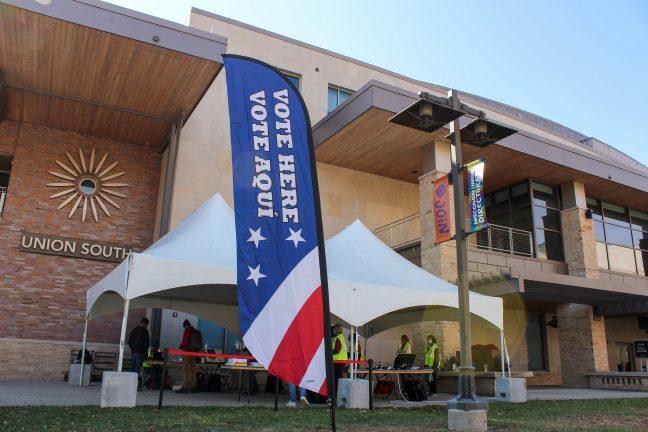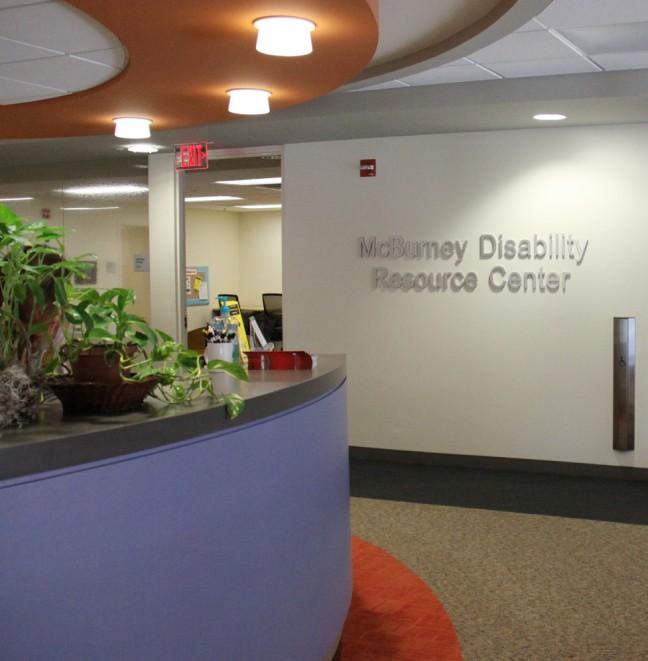Like everything else in the world, tuition costs are rising. Inside the law school, the administration and student body have discussed the reasons for ongoing tuition increases. Among many good points, the administration points to the need to compete for and retain quality faculty, the decreasing financial support from the state government and the rising costs of day-to-day operation.
The University of Wisconsin’s current system of deciding how much to charge students each year, however, is not the only tuition model. A handful of universities around the country use cohort tuition. Under a cohort tuition model, each class’ tuition gets locked in when they accept the offer to attend the university. The irony is the amount the students pay and the amount the university receives under each tuition model is about the same.
Instead of charging students X amount in year one, Y in year two and so on, the school can charge the average rate over all four years. The students pay the same, and the university generates the same revenue. The difference is that the students know up front how much their education will cost and how much their financial aid will cover.
Letter to the Editor: The world we inherit depends on our vote
The primary criticism of the cohort tuition model highlights the greatest evil of the current system. Critics say that under cohort tuition universities are forced to offer less financial aid because the school doesn’t know how much aid will be available in the future. See the problem? Universities are offering aid packages to financially vulnerable students, not knowing what the tuition will be or whether they can offer the student a proportional amount of financial aid in the future. This practice is unconscionable. The university lures students in with a fixed financial aid package, and the student reasonably relies on the promise of financial aid, but the price goes up once we’re here.
This discourages students from attending universities that use cohort tuition — such as the law schools at the University of Illinois and the University of Indiana — because their financial aid packages initially look lower. Over time, the student might have been paid less at a school that offered a lower financial aid package in a cohort tuition system. Many of us chose Wisconsin because of the price and the enticing financial aid packages, only to learn that the price goes up, but the financial aid doesn’t.
This puts students in impossible situations. The student has already borrowed or spent tens of thousands of dollars only to learn that there will be a “modest” increase of thousands of dollars during their time at the university. Our only real option is to take out additional loans.
Letter to the Editor: UW must recenter disabled perspectives in academia
As the true extent of the student debt crisis is coming into view, students are giving more weight to cost when deciding where to attend school. One of the factors in the equation is the risk of increasing tuition costs. Practically speaking, either one party accepts the risk, or both parties share it.
Currently the students accept 100% of the risk of rising costs. Is that the right way to allocate the risk of rising costs? UW is a multi-billion-dollar organization that employs tens of thousands of people. The university has negotiation power with suppliers and can sign faculty and employees to multi-year contracts. Though a large task, the university can project costs on a four-year horizon.
Conversely, the students can only guess how much tuition will rise, and we’re stuck with our choice. We have one opportunity to choose our university and, once we’re here, the barriers to switching are very high. While the university’s task in projecting costs is burdensome, ours is impossible, and the results of miscalculating are life-altering. The students are the weaker player, and the stronger player puts us in dire situations to save itself from the hassle of making a multi-year budget.
What exactly is the student buying from the university, and when do we buy it? One perspective is that each class we take has value and provides us with useful information for our lives, but in reality, the vast majority of the value we receive comes from the completed degree. A year or two of a degree is virtually useless to the student.
We start making payments and incurring debt at the very beginning of the process but don’t receive the value until the very end. If car companies treated customers the way universities do, they’d lure us in with a price to be paid over four years and a personalized discount. Each time we come back to make a payment, they inform us that the purchase price went up. After four years, we finally get to leave with our car after paying a significant amount more than was originally agreed upon. Is that an appropriate way to conduct a consumer transaction?
What universities do to students under the current tuition model is fundamentally unfair. A major institution like UW shifting the price uncertainty onto the students is somewhere between lazy and evil. It’s particularly devastating to financially vulnerable students who reasonably relied on the promise of a certain amount of financial aid. For the school to claim to fulfill that promise by keeping the aid the same while raising tuition is outrageous.
Cohort tuition would give students complete financial transparency before they matriculate, ensure financial aid packages were consistent and the universities would still bring in the same amount of tuition. Unfortunately, it’s a little inconvenient for the university. Let’s be fair — can we really ask a 150-year-old institution worth billions of dollars to budget four years in advance?
We ask the Board of Regents and the Wisconsin Legislature to reflect on how they’re treating the next generation of the UW community and consider adopting the cohort tuition model for the University of Wisconsin system.
Taylor Gilbertson ([email protected]) and Alex Kaplan ([email protected]) are second years at the University of Wisconsin Law School.




















